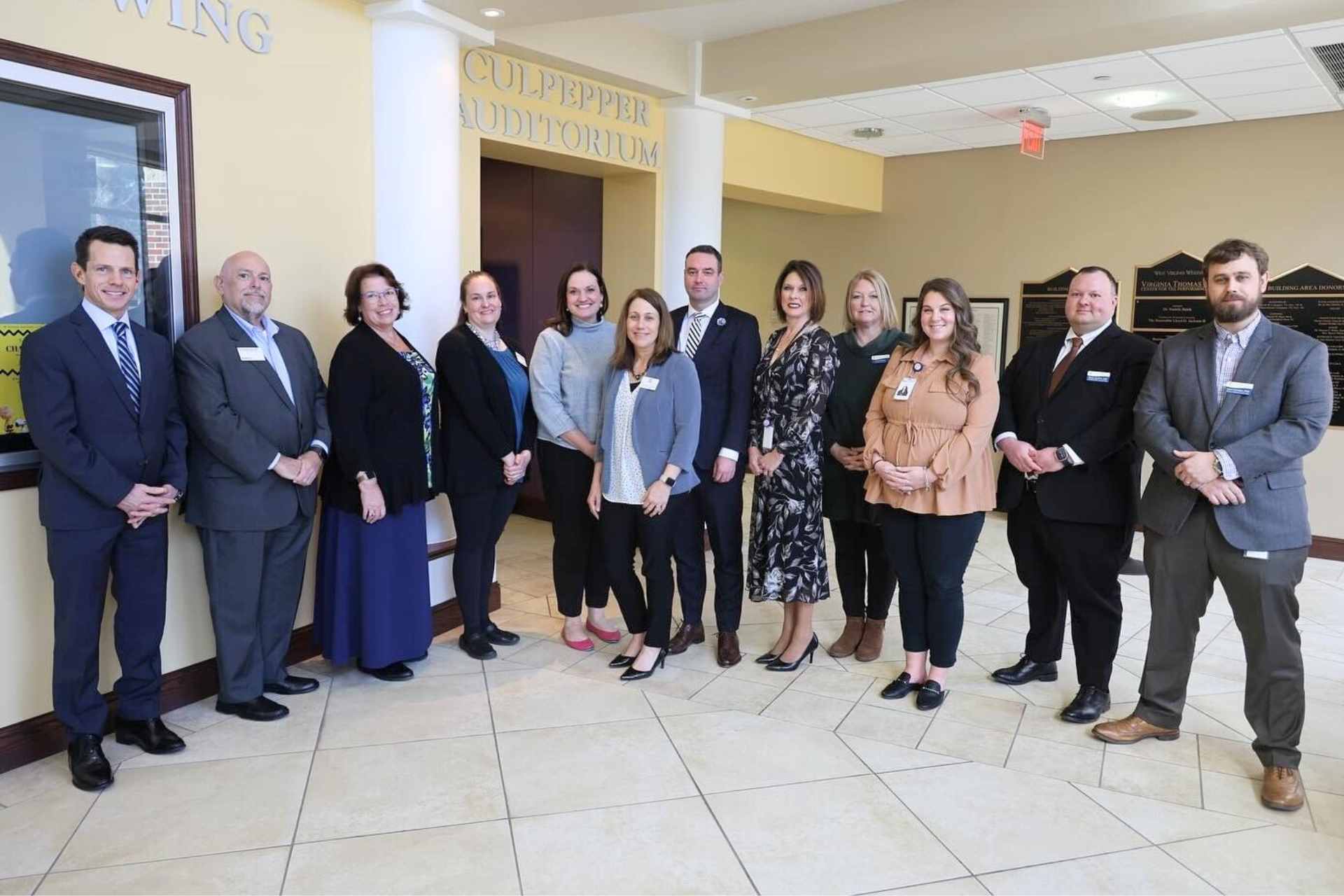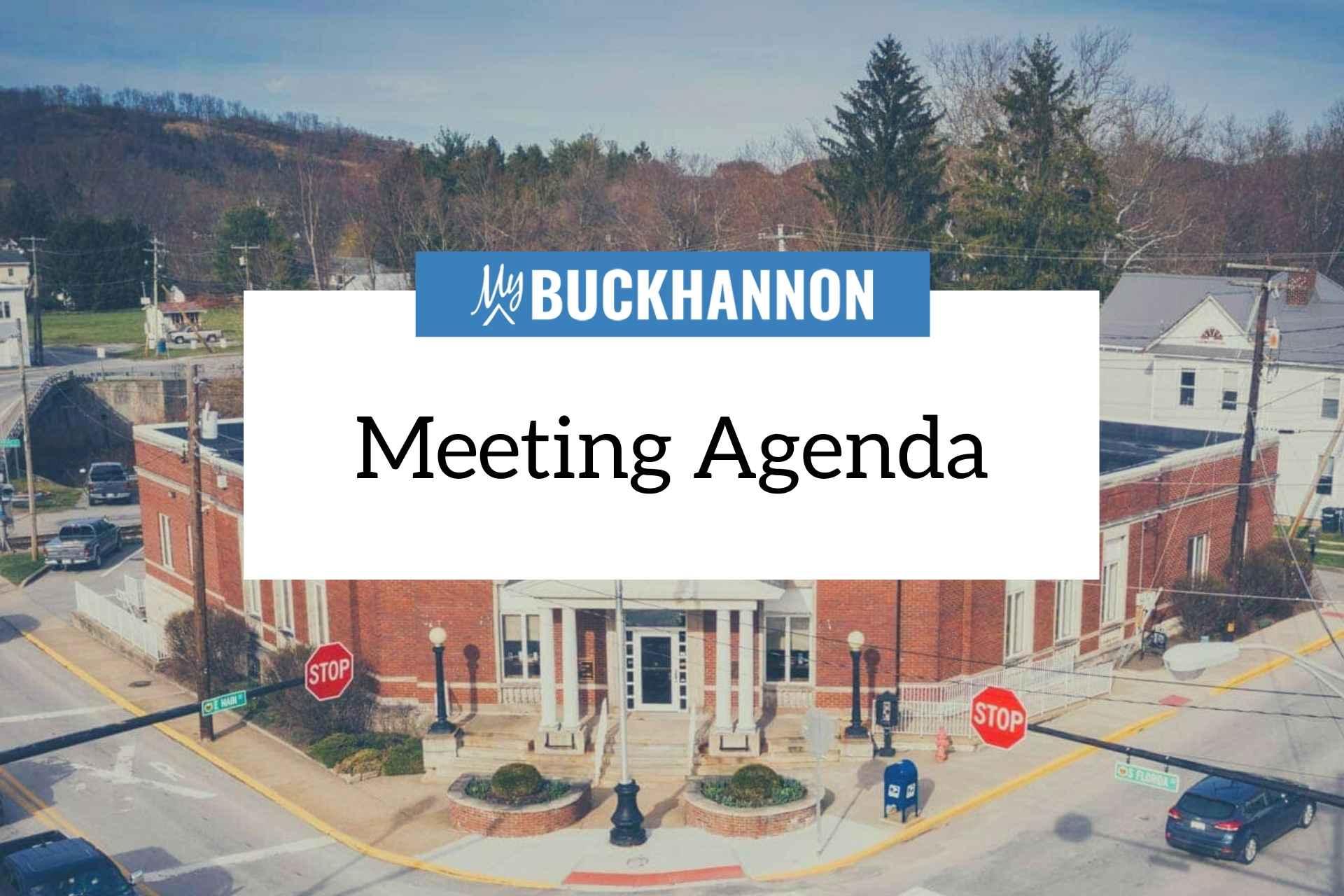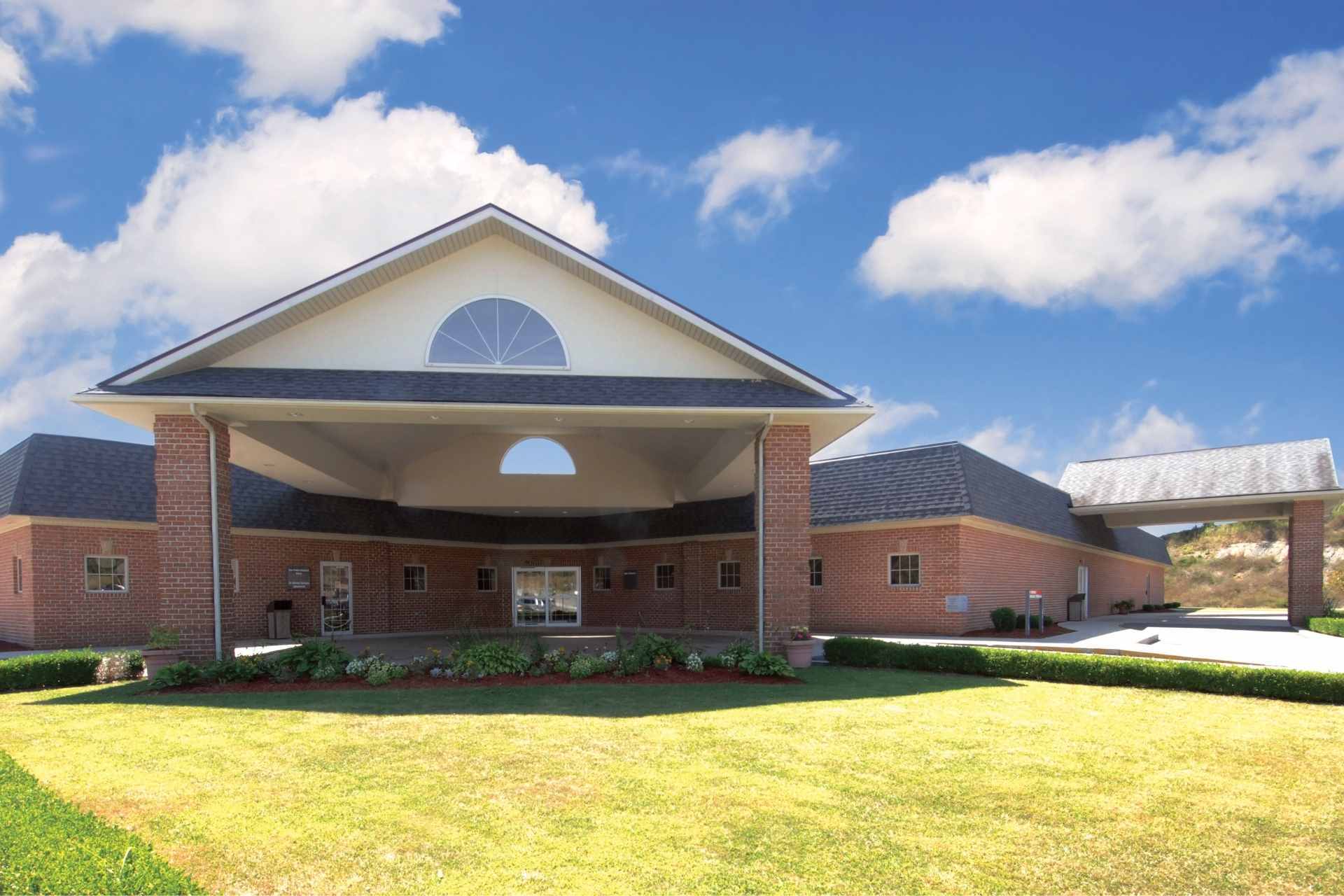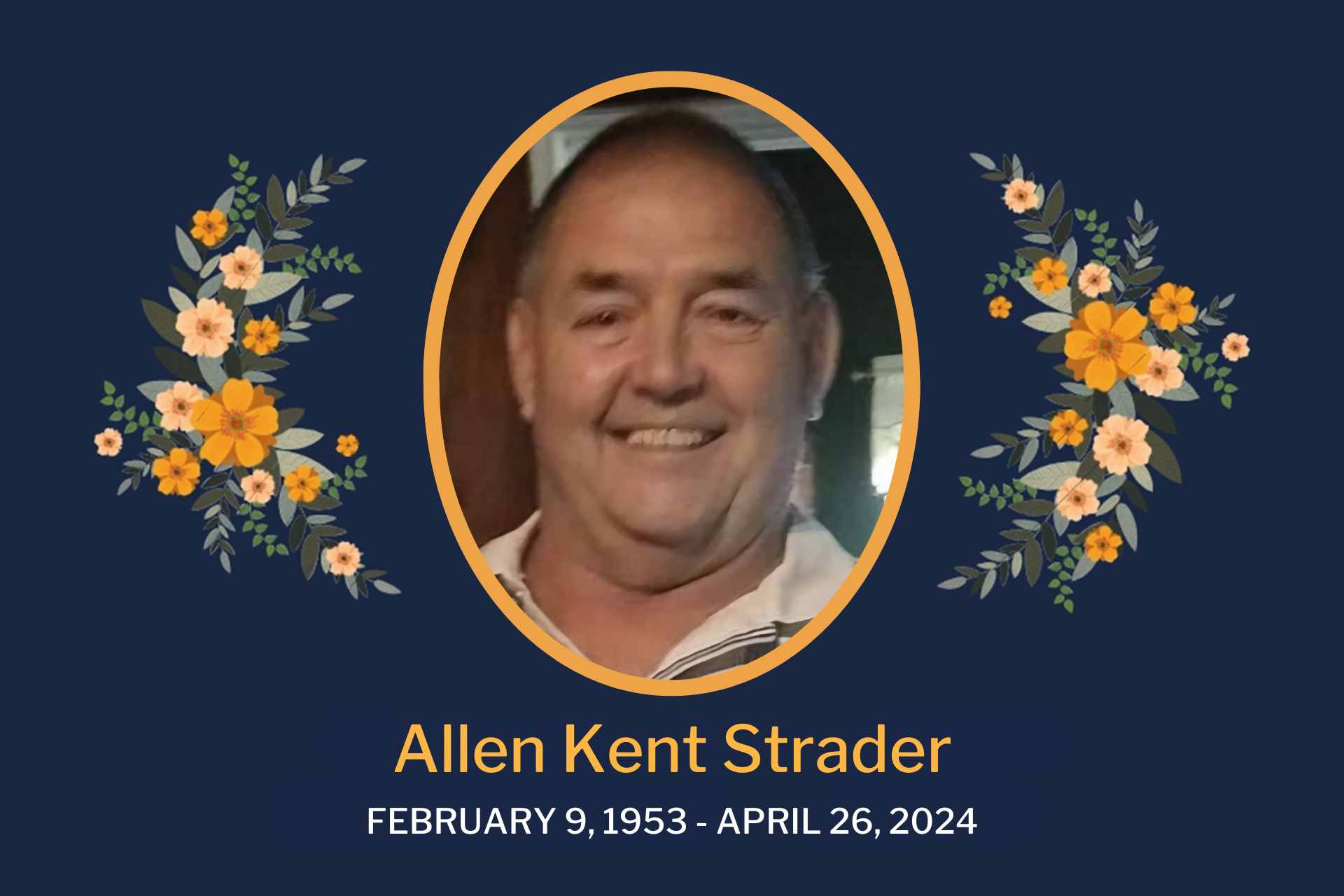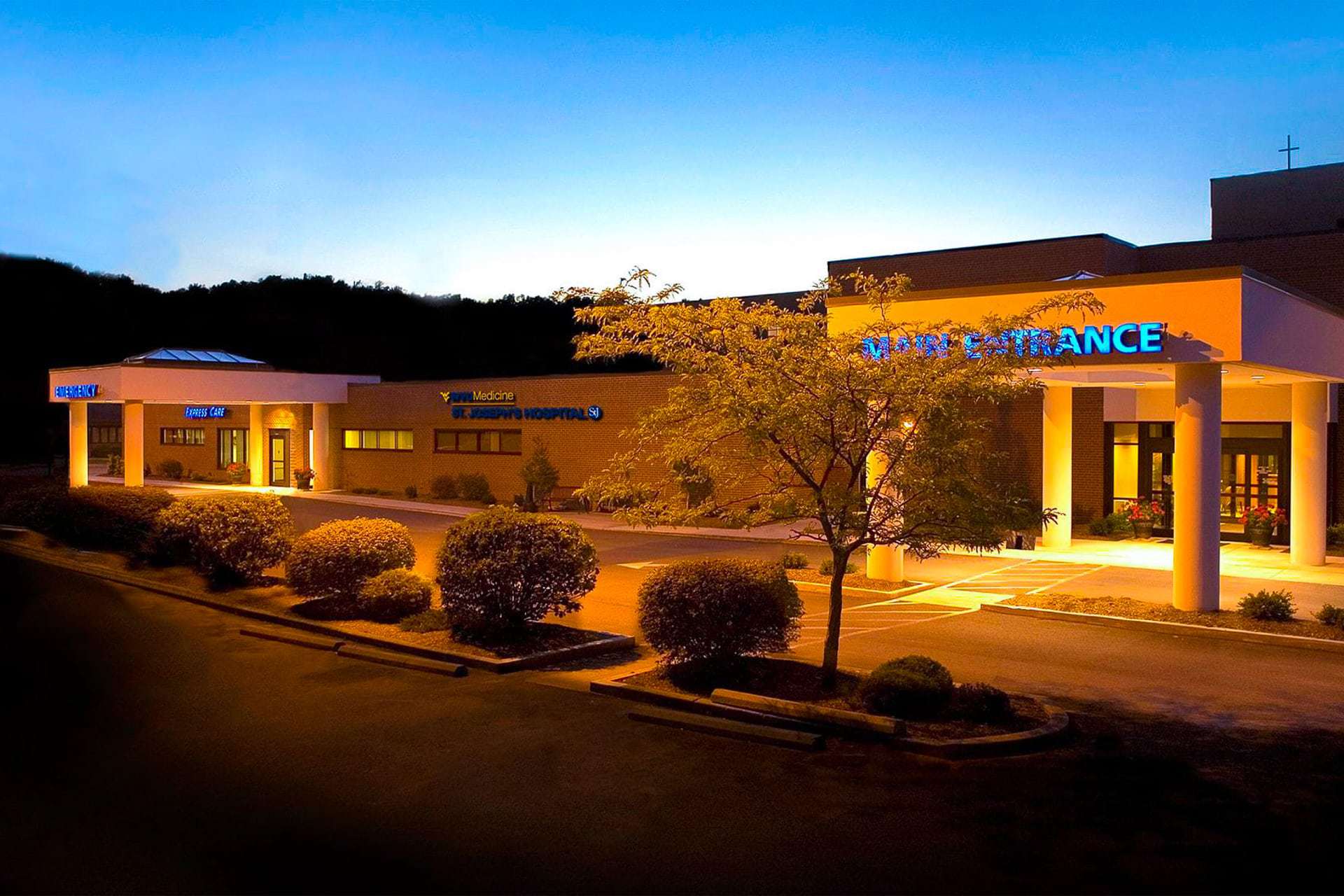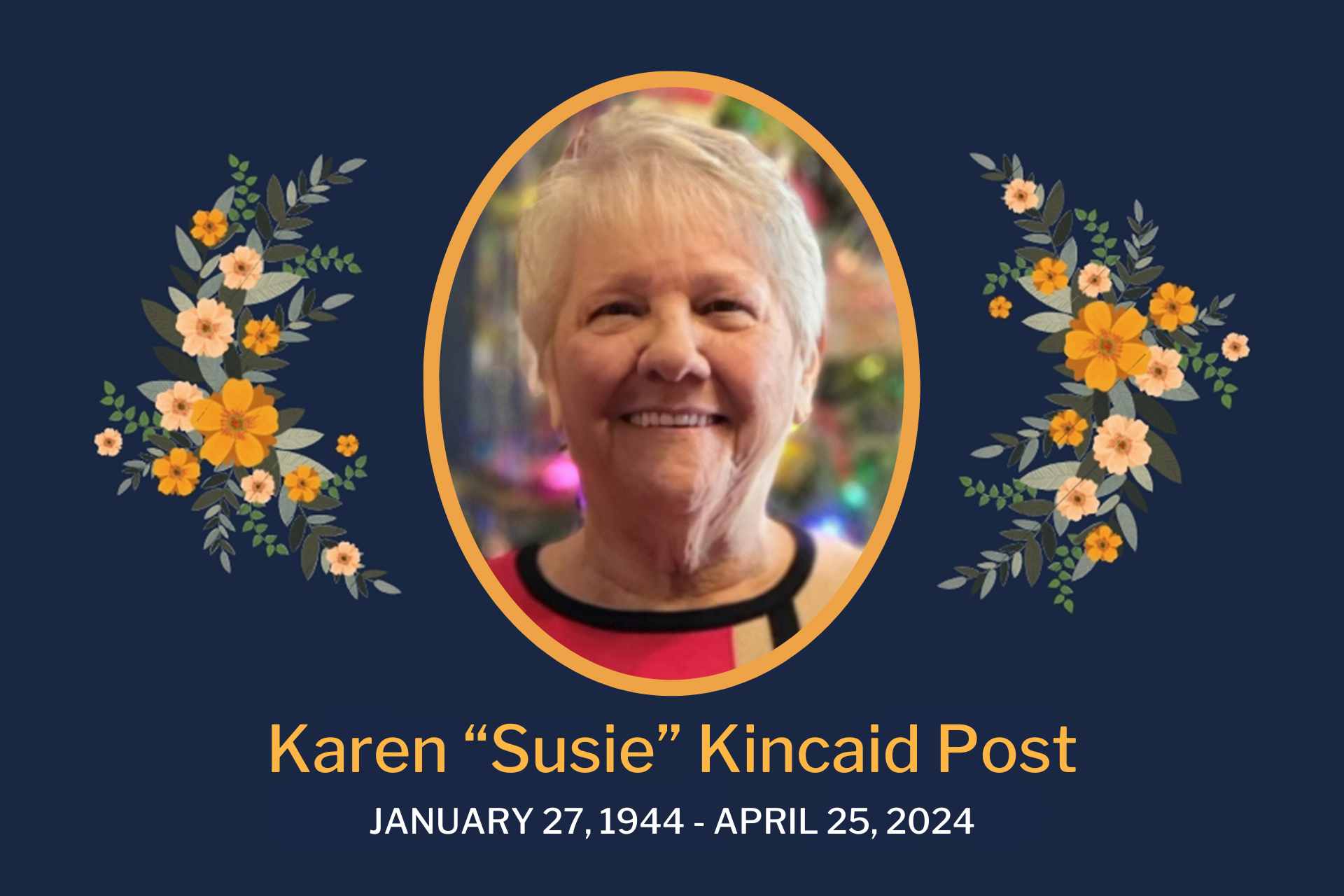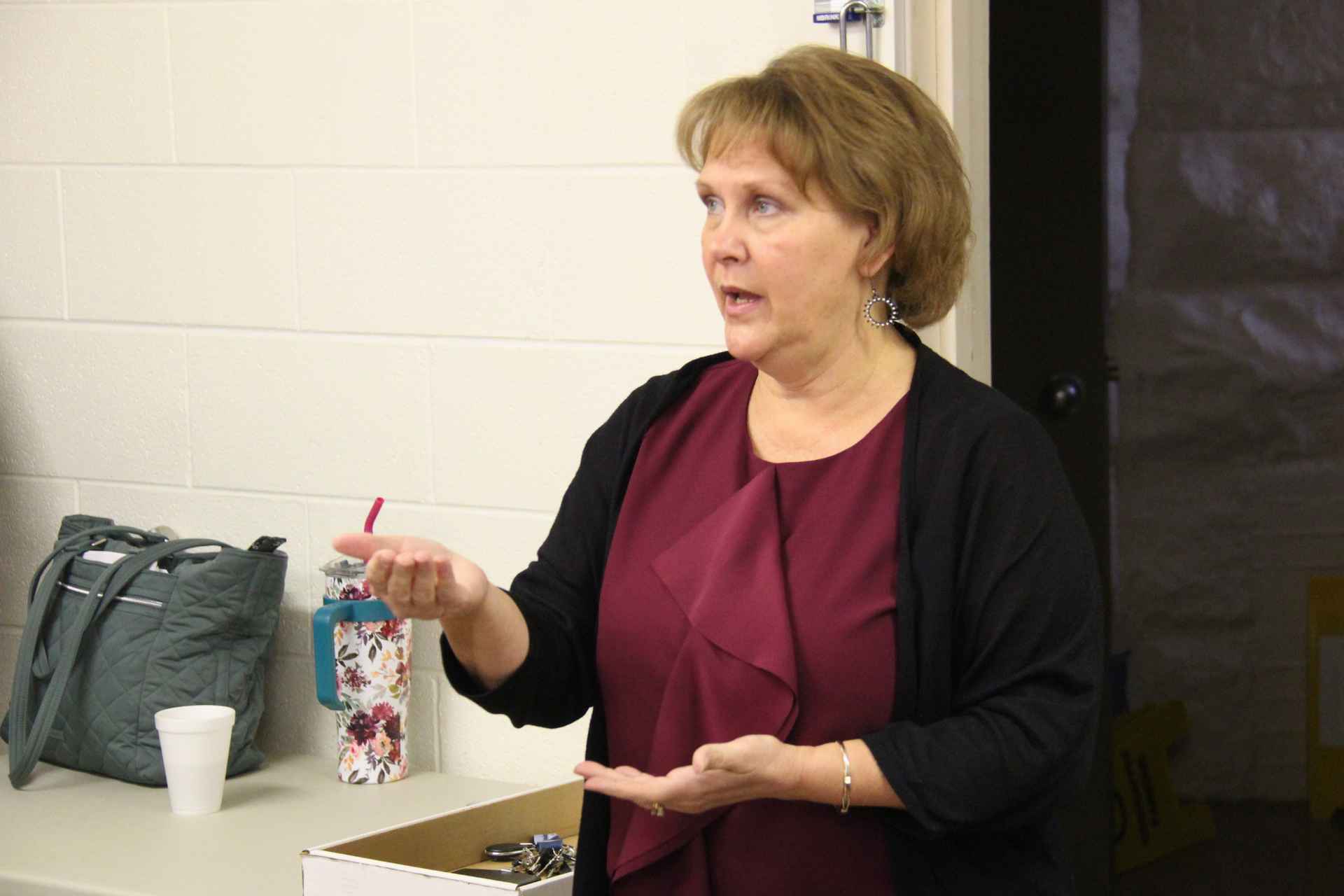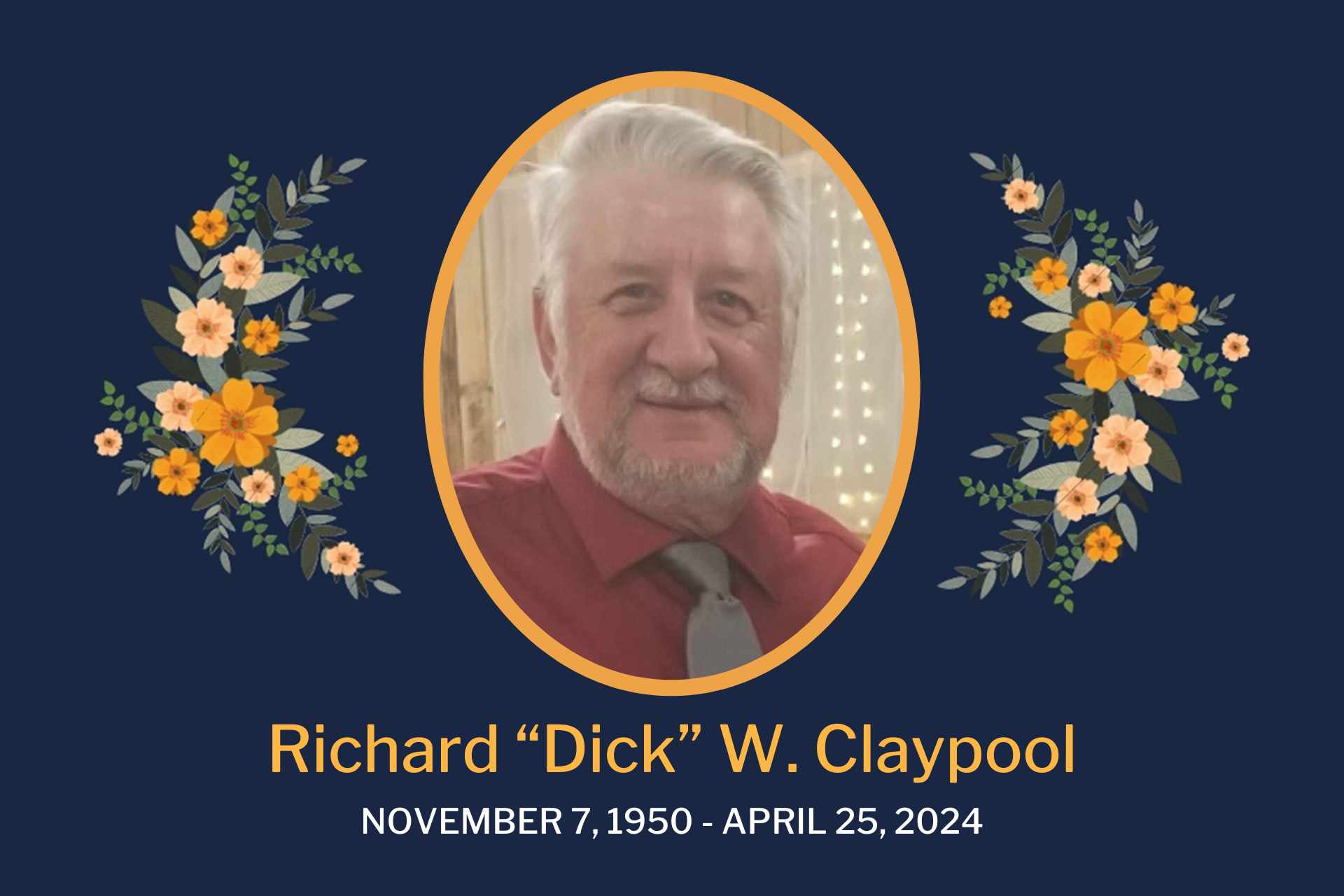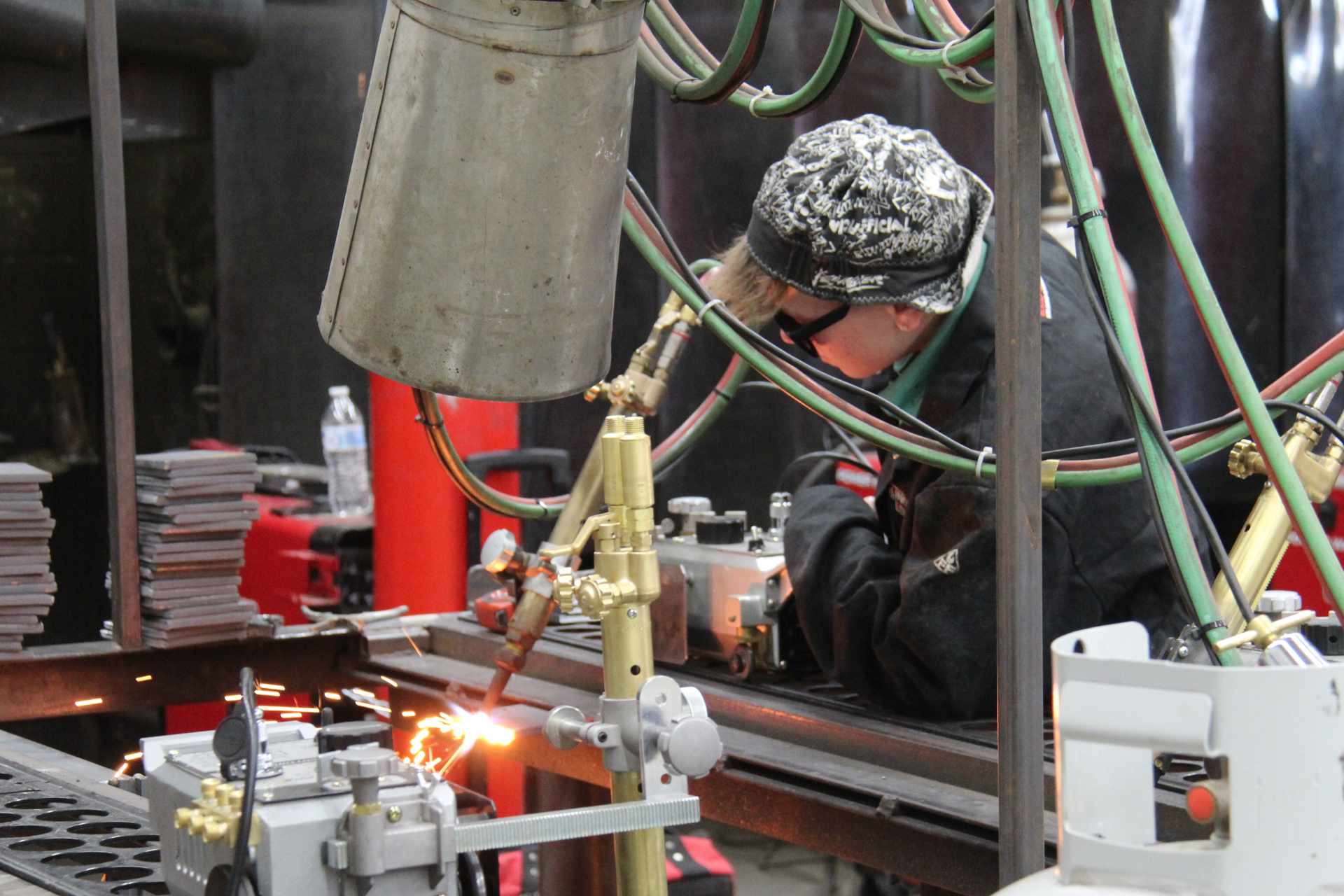BUCKHANNON – West Virginia Wesleyan College unveiled its groundbreaking Clinical Mental Health Master’s Program on Wednesday with a sense of urgency and purpose.
The program is made possible through a collaborative $1.2 million investment from Aetna Better Health of West Virginia and Community Care of West Virginia. Upon completion, graduates of the program will receive employment opportunities through Community Care of West Virginia.
John Waltz, vice president for enrollment and marketing, set the afternoon’s tone, saying north-central West Virginia — and beyond — needs this program now.
“There is no time to wait for this program,” Waltz said. “I think the quick inception has been fueled by a shared recognition of the urgent need for mental health professionals in the state.”
Dr. Jen Randall Reyes, director of the new master’s program in Clinical Mental Health Counseling, radiated enthusiasm.
“To say that the opportunity to be at the helm of a brand-new program, to be able to build it from the ground floor up, to have community partnerships and checks in their pockets is unheard of,” said Randall Reyes. “It has been an exceptional honor to be involved in this program.”
“I’m just so happy today and proud as I look out at this sea of faces of all of you that have been supportive of this project throughout its entirety,” she added. “We have students here who are willing and ready to do the good work.”
The college, Community Care of W.Va. and Aetna Better Health first announced the collaboration just over a year ago in February 2023, when Community Care of West Virginia and Aetna Better Health of West Virginia signed a Memorandum of Understanding with WVWC to support the program by offering positions to each student who completes the degree, after accreditation approval.
“This is just incredible,” said U.S. Attorney William J. Ihlenfeld II. “Right here in Buckhannon, West Virginia, Dr. Randall Reyes and her team are being innovative in creating this new program to make sure that our region has the mental health resources it needs to fully address this problem.”
“You’re expanding and filling a void that has existed for far too long in West Virginia, and you’re pushing out people who are going to be able to meet the needs of West Virginians so that they can deal with substance [use] disorder in a way that they hadn’t been able to before,” Ihlenfeld added.
The new Clinical Mental Health Masters Program aims to equip future counselors with comprehensive training and community engagement, and the program promises to be a beacon of hope in a region grappling with profound social and economic challenges, according to a press release. Through rigorous academics and hands-on experience, students will be empowered to navigate the complexities of mental health care with empathy and efficacy.
“I am kind of in awe sitting here thinking about all the work that’s gone into creating this program,” WVWC President Dr. James Moore. “The students who have taken the chance and jumped into this field have done so clearly because they’re passionate about it — but also because they know that the need is real.”
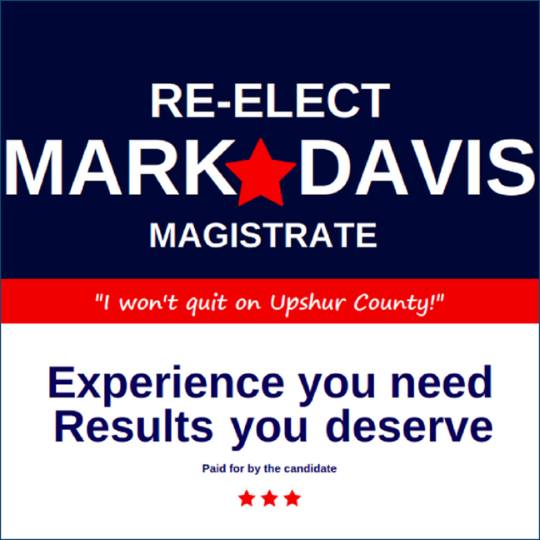
West Virginia significantly trails the nation in mental and behavioral healthcare providers, according to a prior release. On average, the United States has at least one mental and behavioral healthcare provider for every 400 people, whereas West Virginia only has one for every 770 people.
“I kept thinking it can’t be this easy,” Moore said, “but it was because our partners (Community Care of West Virginia and Aetna Better Health) and friends saw the same needs that we did. I’m just so thankful for the work that everybody’s done.”
College officials said the school stands poised to profoundly impact the state’s mental health landscape — and that the new program embodies the college’s ethos of service and excellence. In the face of adversity, they said, it is a testament to the power of education and community to catalyze positive change.
